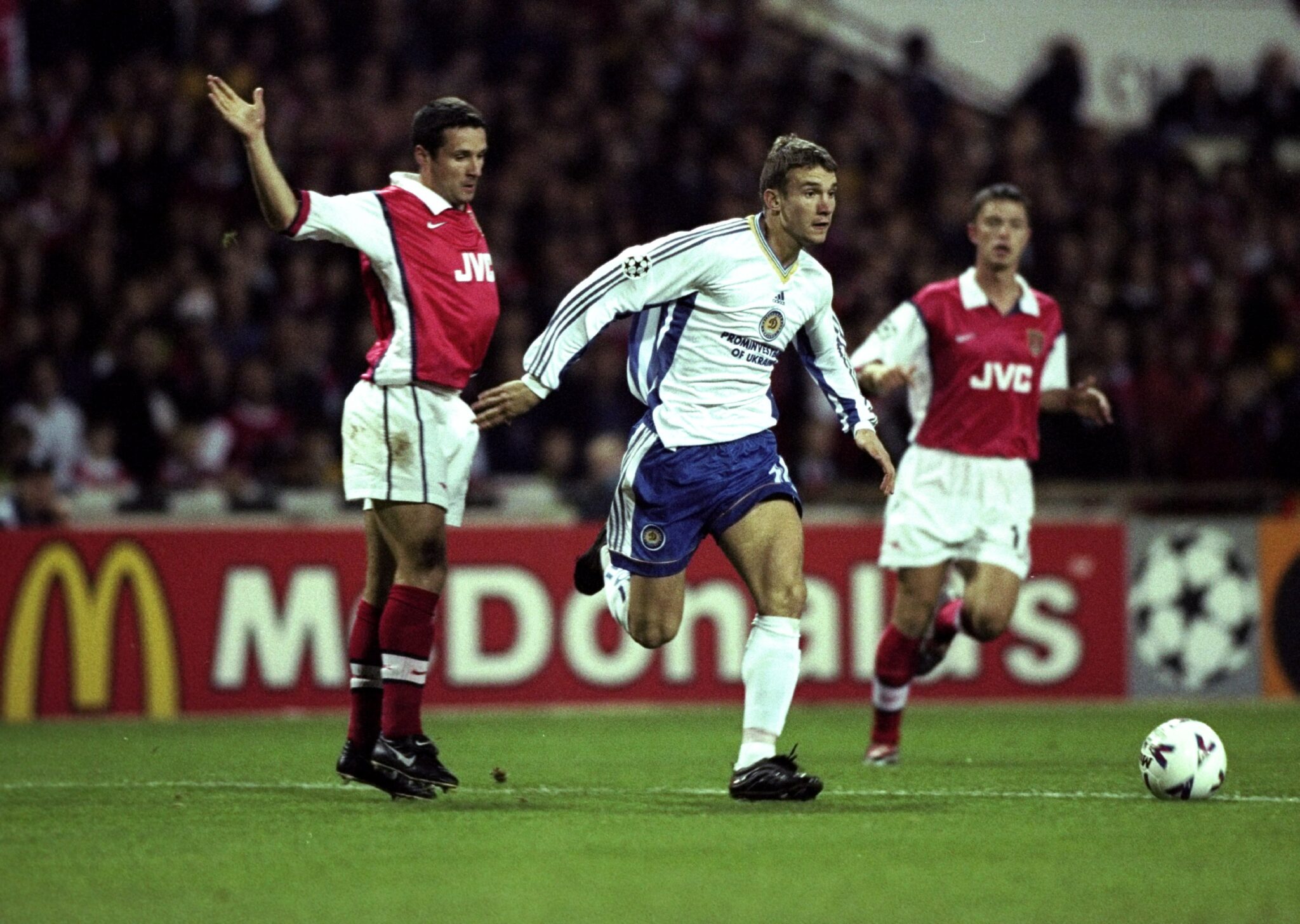Following an intense soccer season, fans are questioning the FIFA Club World Cup’s impact on player fatigue. They are particularly curious about the number of substitutes each team can utilize to manage the high physical demands of the competition.
After a season full of surprises worldwide, such as PSG’s victory in the UEFA Champions League, fans are eagerly awaiting the start of the 2025 FIFA Club World Cup. However, there is a lot of concern about the physical wear and tear of the players in this tournament who have had little rest after an intense season. As a result, fans are questioning how many substitutions a team can make per game.
Although the rule for substitutions in a soccer game was originally three changes during the game. However, in 2020, the rule evolved to permit five substitutions. This change offers coaches greater flexibility to influence the match. These five substitutions must occur within three opportunities during the game, but any changes made at halftime do not count against this window.
During the knockout stages, teams gain an additional substitution if the game extends into overtime, a measure intended to mitigate injuries from player fatigue. Consequently, having a bench stocked with quality players becomes crucial, providing teams with essential tactical options.
Moreover, the Club World Cup continues to implement the concussion substitution rule introduced by IFAB. If a player suffers a concussion, the team receives an extra substitution. To maintain competitive balance, the opposing team also gains an additional substitution. This ensures fairness while prioritizing player welfare.

Club World Cup 2025: Which teams gain an edge from expanded substitution rules?
In high-stakes tournaments like the Club World Cup, a deep bench is crucial for head coaches. Teams like Manchester City and Real Madrid use their world-class substitutes effectively. This strategy gives them a distinct edge over their rivals by allowing more roster flexibility. Players enjoy more rest, which reduces on-field minutes and eases physical strain.
However, roster depth does not guarantee a title. Yet, it does minimize the risk of significant injuries. Head coaches can distribute the burden among more players, which is key. For that reason, the trend shows that elite teams now prioritize having a quality bench.
From: bolavip.com








